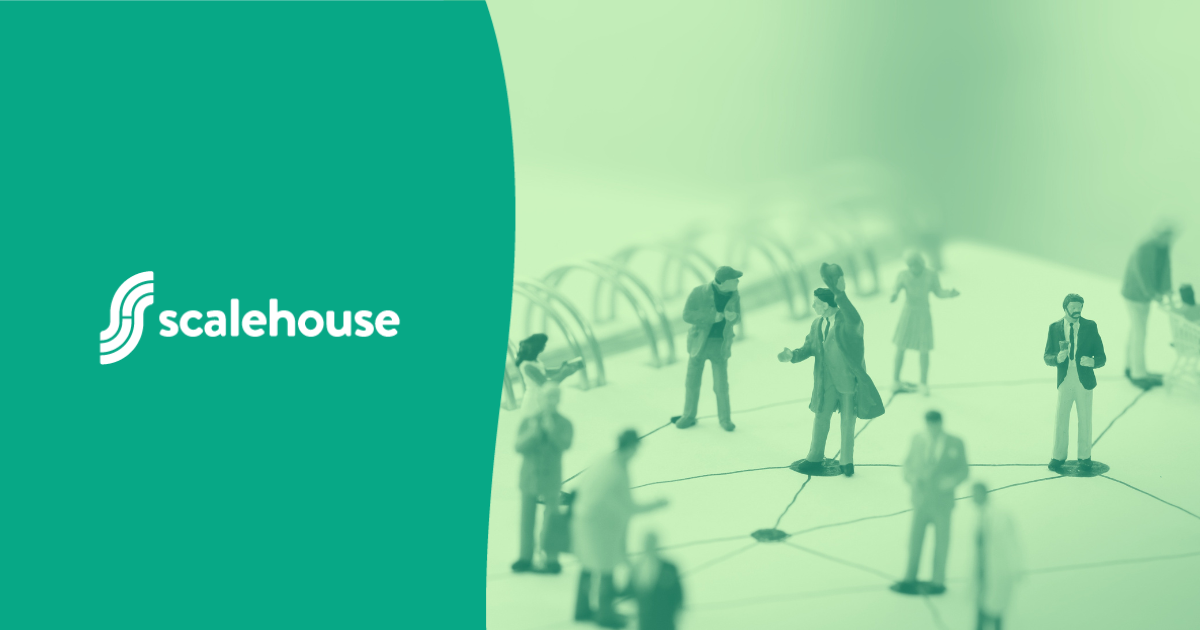Homo….what? How Your Social Position Determines Your Power, Beliefs, and Behaviors
 Kristin Luck
Kristin Luck
At first blush, surrounding yourself with people with whom you have common backgrounds, beliefs and behaviors seems natural. We feel at ease with those most like us but we also miss out on opportunities for growth, both personally and professionally.
If our friendships and connections can unintentionally be the source of division and inequality (as is the case with homophily), they can also be drivers of connection and opportunity
Our social networks translate into social capital, which is a huge determinant of economic mobility. You may think that your social networks only impact you and your circle of immediate friends, but in fact, those choices can profoundly shape the lives of other people down the road. If our friendships and connections can unintentionally be the source of division and inequality (as is the case with homophily), they can also be drivers of connection and opportunity.
In a recent episode of Hidden Brain, economists Luigi Pistaferri and Matthew Jackson discuss the phenomenon of homophily (why we often surround ourselves with people who are just like us) — and how we can transform our lives (and the lives of others) by pushing back against this tendency.
How can you use your social capital to create more opportunities for others in 2023?


